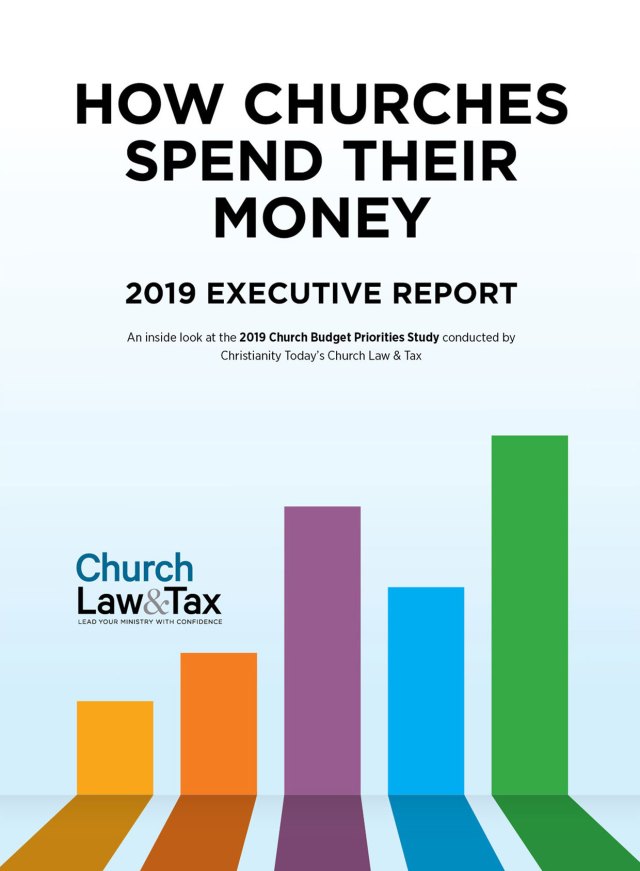Q: Our senior pastor is pursuing an advanced degree through a seminary located in another state. Our church board would like to pay his tuition expense, since we believe that our church will directly benefit from this additional education. Are we required to report the amounts we pay as taxable income to the pastor, or are these payments nontaxable?
Churches offering educational assistance to their employees, such as senior pastors pursuing advanced degrees, must navigate complex tax regulations. This article explains how to handle taxes on educational assistance in compliance with IRS rules.
Key Takeaways:
- Educational assistance up to $5,250 annually can be excluded from taxable income.
- Excess benefits may be taxable unless they qualify as working condition fringe benefits.
- A written educational assistance program is required for compliance.
Can our church pay our pastor’s tuition without making it taxable income? Yes, under certain conditions. Section 127 of the tax code allows up to $5,250 annually in tax-free educational assistance benefits for employees. Here’s how:
Eligibility for Tax-Free Educational Assistance
To exclude up to $5,250 of educational assistance benefits from taxable income, the church must meet the following requirements:
- Establish a written educational assistance program for employees.
- Ensure the program does not discriminate in favor of officers or highly compensated employees.
- Provide reasonable notification of the program’s availability and terms to all eligible employees.
- Offer educational assistance rather than cash alternatives.
What Qualifies as Educational Assistance?
Educational assistance benefits include:
- Payments for tuition, fees, and similar expenses.
- Costs for books, supplies, and equipment related to coursework.
These benefits apply to both undergraduate and graduate-level courses, regardless of whether the courses are work-related. However, expenses for meals, lodging, transportation, or general supplies are not included.
Tax Treatment of Benefits Over $5,250
Any educational assistance exceeding $5,250 annually must be treated as taxable income unless it qualifies as a working condition fringe benefit. For education expenses to qualify as a working condition fringe benefit, they must:
- Maintain or improve skills required for the employee’s current role, or
- Meet the employer’s requirements for continued employment or licensing.
Education expenses generally do not qualify if they are for training in a new trade or business or for meeting minimum educational requirements.
Example
Your church pays $10,000 toward your senior pastor’s tuition. The first $5,250 can be excluded from taxable income. The remaining $4,750 is taxable unless it qualifies as a working condition fringe benefit.
Additional Considerations
- The exclusion applies to both income tax and Social Security tax.
- Self-employed individuals may also qualify for the exclusion under these rules.
FAQs About Taxes on Educational Assistance
- What if the educational expenses are related to a new role?
Such expenses are generally taxable unless they meet the requirements of a working condition fringe benefit. - Does the exclusion apply to self-employed clergy?
Yes, self-employed clergy can also benefit under the same rules. - What expenses qualify under an educational assistance program?
Tuition, fees, books, supplies, and equipment qualify, but meals and lodging do not. - How should excess educational benefits be reported?
Amounts exceeding $5,250 must be included in the employee’s Form W-2 (Box 1) unless they qualify as a working condition fringe benefit.
Conclusion
By adhering to IRS regulations, churches can provide educational assistance to employees while minimizing tax liabilities. Establishing a compliant educational assistance program is essential for achieving these benefits. For additional guidance, consult IRS Publication 970 or your tax advisor.
For more information, visit the IRS website or explore resources on Church Law & Tax.





